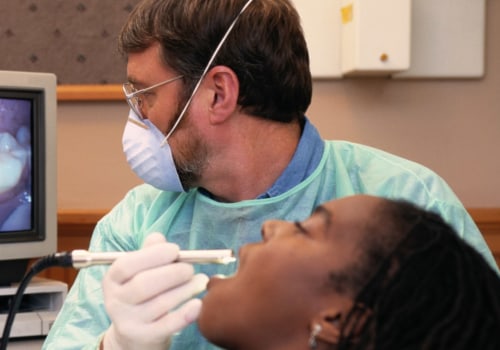Symptoms of dental rot in children are generally the same as in adults, but they can also include swollen gums, irritability, and fever, indicating an infection. If your child seems irritable and can't express the location of the pain or discomfort, check the inside of his mouth for signs of a problem. Bacteria in the mouth feed on sugars in foods and beverages. These bacteria produce acid, which damages the outer surface of the tooth (the enamel).
Saliva helps repair this damage, but if there is more damage than repair over time, it leaves a cavity or “hole” in the tooth. To make matters worse, tooth decay in very young children is especially aggressive. If left untreated, it can quickly destroy entire teeth and lead to infections that turn into medical emergencies. This is especially problematic because cavities are often not treated in very young children.
In fact, one study found that approximately 52% of children 3.5 years and younger who were taken to a children's hospital in the United States for cavity-related emergencies had their first contact with a dentist in the emergency room. Tooth decay occurs when germs in the mouth create a sticky coating called plaque on the surface of the tooth. These germs feed on sugars in food and drink and produce an acid that damages the surface of your teeth. Over time, this acid corrodes the tooth surface and creates holes or “cavities.”.







